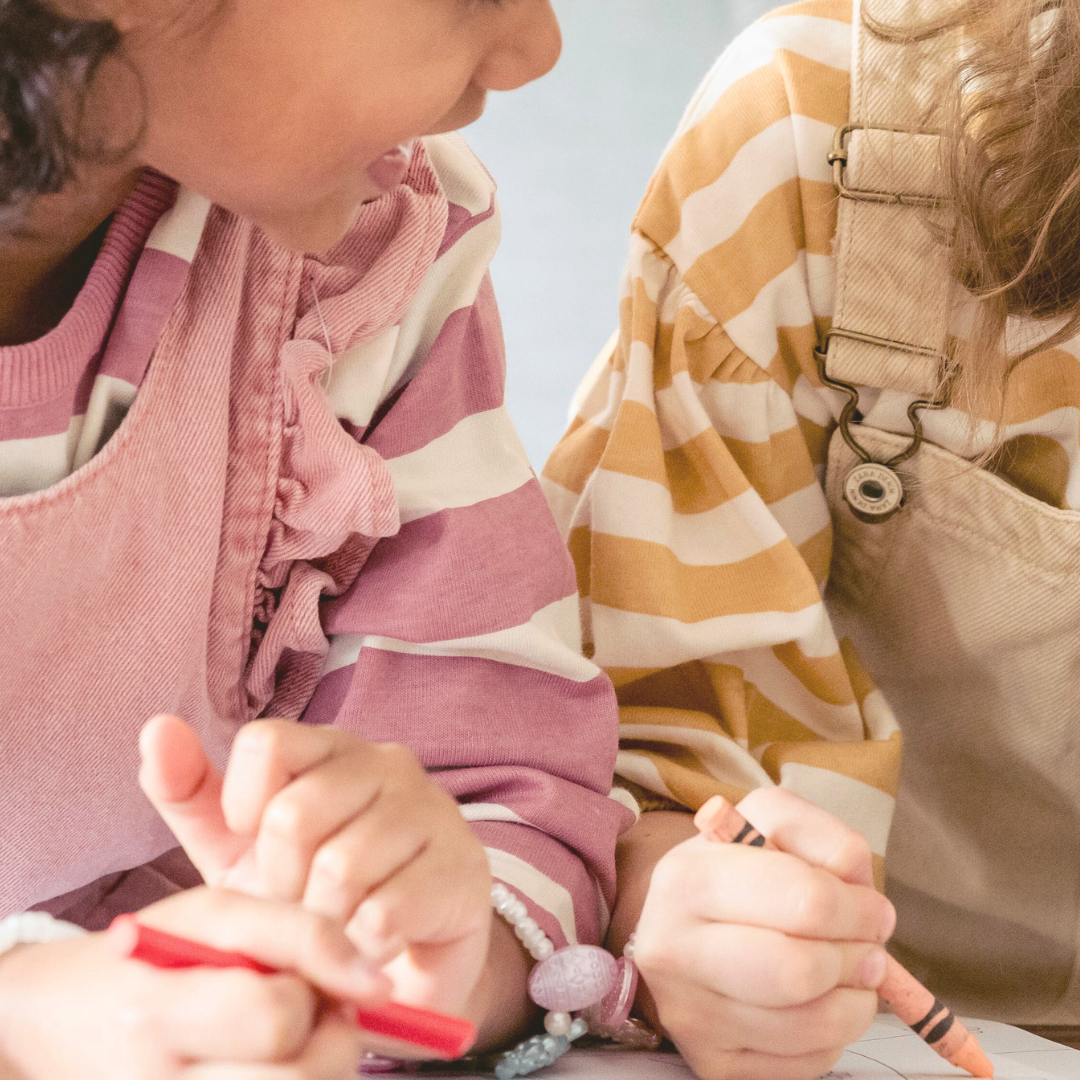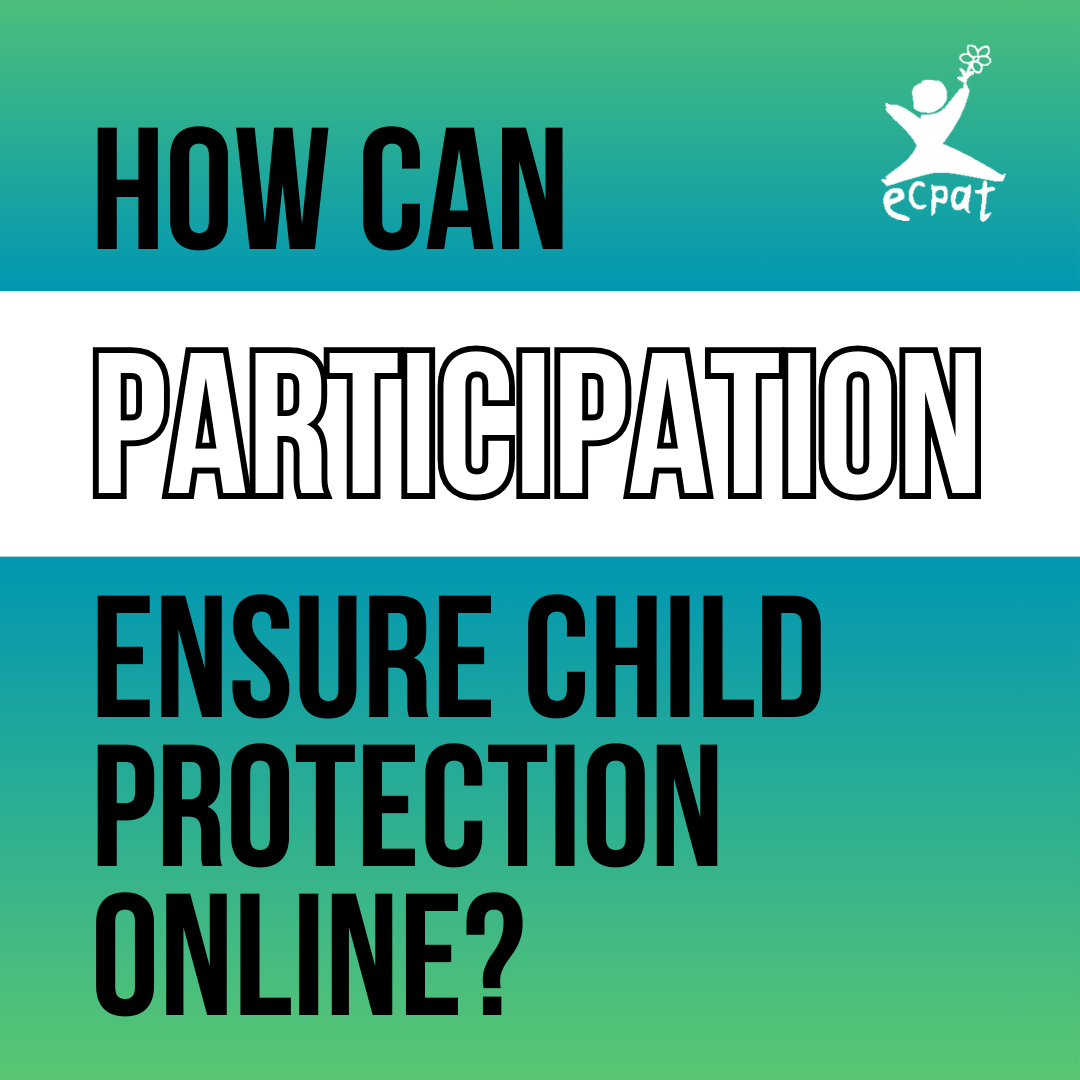During the last month, we have discussed the importance and different aspects of preventing child sexual abuse online. We have explored the role of education, training, technology, and detection. This week, our focus turns to one of the most impactful ways to prevent child sexual abuse online: talking and listening to children themselves.

Child participation involves actively involving children in decisions, discussions, and activities that impact their lives. Recognized as a fundamental right by the UN Convention on the Rights of the Child (CRC) under Art. 12, it asserts that children have the right to freely express their views in matters affecting them.
Examples of child participation can range from involving children in school decisions to including them in family discussions. This dynamic and evolving concept shifts the perspective of children as passive recipients of care to active contributors to their well-being and development. In the context of NGOs, child participation refers to involving children in the designing, planning, implementation, monitoring, and evaluation of children-related programs.
Child participation is key in preventing child sexual abuse and exploitation. In the online world, it ensures children are active contributors to their safety. Their insights craft the path for the realisation of effective prevention strategies while they are empowered to advocate for a safer digital world.
Involving children actively in decisions about their safety online is crucial in preventing child sexual abuse.
Children possess a unique body of knowledge about their lives, needs, and concerns. This firsthand experience contributes to more effective, relevant, and sustainable decisions affecting their lives and the design of interventions. These qualities can be harnessed to strengthen child protection systems, making them more effective and responsive.

Child participation involves not just children but also parents, educators, policymakers, stakeholders, and the broad community. This collaboration, when it’s working, ensures a strong foundation for a comprehensive and child-centric approach, fostering mutual trust among everyone involved.
Listening to the voices of children is key!
When children feel safe and empowered, they can become vigilant detectors of online harm. Child empowerment is crucial. It fuels the trust that it is needed to overcome fear and shame, ensuring a more effective response to online incidents.
Actively listening to the voices of children becomes a significant and effective way to prevent child sexual abuse online!
As children become aware of online risks and aren’t afraid of searching for support, they transition to active contributors in the prevention process. Not only by detecting and reporting but also by disseminating their knowledge on the matter among classmates and peers, participating in preventing harm in the digital spaces.

While empowering children is a crucial step, it’s equally essential to recognize that children should not carry alone the responsibility for their safety online.
Politicians, Governments, Tech Companies, Parents, Caregivers, and child rights experts must share responsibility by actively engaging in listening to children, mitigating risks, responding to harm, and reporting crimes against children in the digital world.
